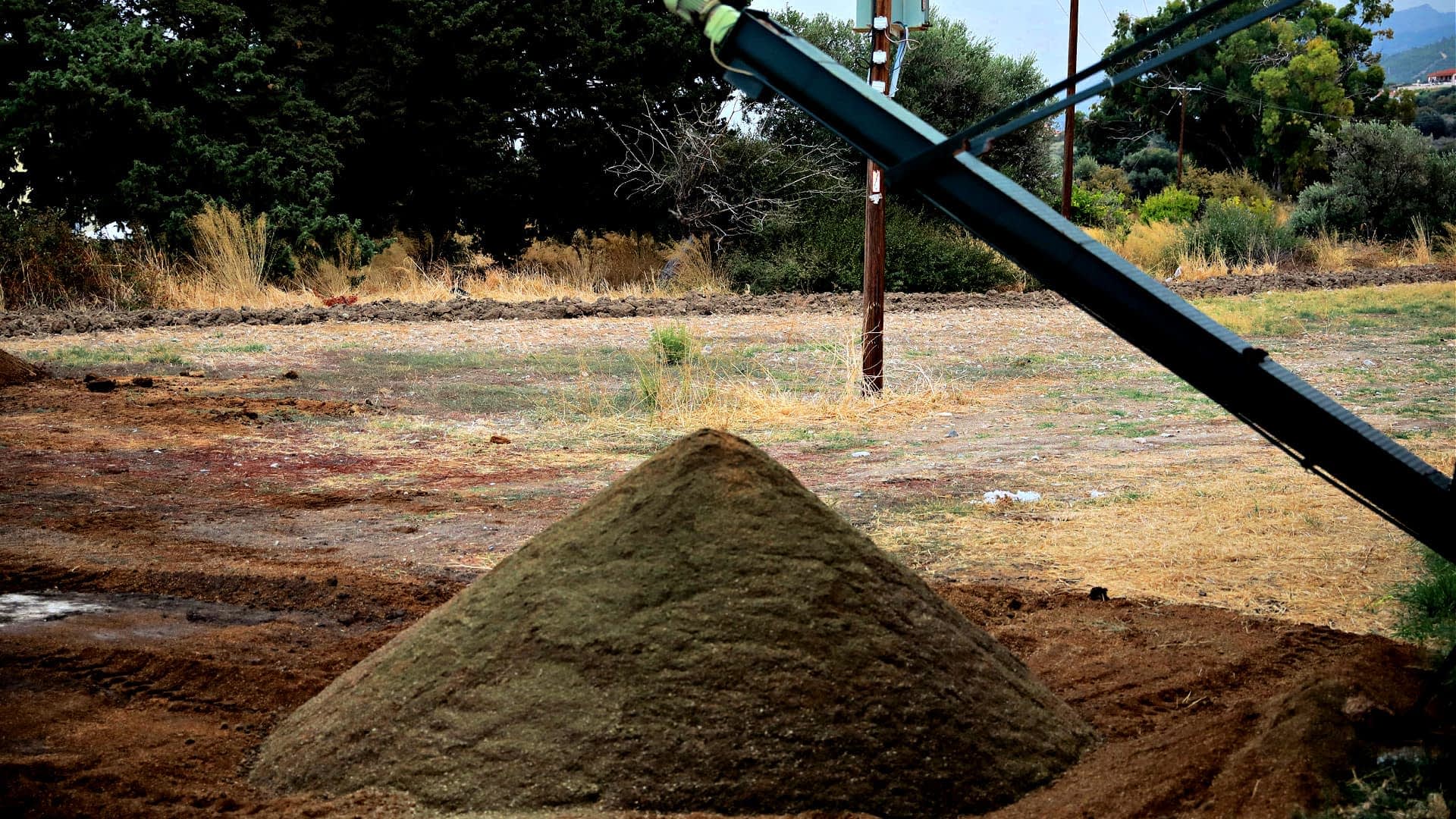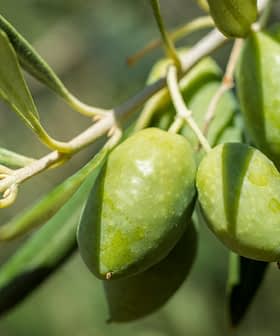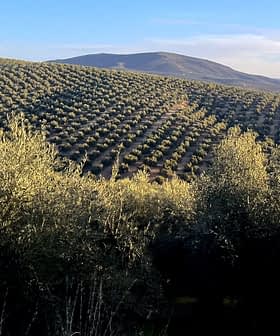Spanish Study Reveals Olive Pit Biofuel Potential

Juan Vilar Strategic Consultants found that olive pits are environmentally friendly, have a high calorific value, and are very economical compared to gasoline or diesel. The study suggests that better utilization of olive pits in Spain could lead to self-sufficiency in energy for the agri-food sector, with potential cost savings and environmental benefits.
Juan Vilar Strategic Consultants have published the results of their study into the use of olive pits as biofuel.
The findings of the Jaén-based consultants show that such fuel is “environmentally friendly, has a high calorific value (4,500 calories per gram) and is very economical (saving up to 70 percent compared to gasoline or diesel.)”
In an average season, around six million tons of olives are produced in Spain, and approximately 15 percent of this mass (900,000 tons) comprises pits.
See Also:Researchers Develop a Method to Retrieve the Sugar in Olive PitsCurrently, some 450,000 tons of olive pits are obtained each year by olive-dressing industries and oil extractors, of which 323,500 tons are marketed, mostly for use as biofuel within the agricultural sector.
One of the study’s main conclusions is that if this resource were better-exploited, Andalusia’s agri-food sector could become self-sufficient in energy terms, with each season’s olive pit production providing enough electricity to meet the entire sector’s annual needs. As well as reducing costs and creating new revenue streams, this would bring environmental benefits.
Because it is a naturally-occurring byproduct of such an established industry, the environmental impact of olive pit production is extremely low when compared to that of fossil fuels or even other biofuels which require dedicated cultivation and processing.
In addition, when correctly prepared, the pits contain low moisture concentrations and few impurities, leading to low emissions during combustion.
Domestic use is also addressed since, as the authors note, the combination of technological advances and rising fuel costs in recent years have made solid-fuel heating systems significantly more viable.
They calculate that the cost of energy produced by olive pits in this way is as low as €0.025 per kilowatt-hour.









